In a day and age when there’s a detox for everything right from your skin to your gut, researchers and scientists have concluded- sleep is the best detox for your brain. According to a recent study, when you are in the deepest sleep phase, the blood volume declines, and the vacuum is filled with cerebrospinal fluid (a clear liquid surrounding the brain and spinal cord) that plays an instrumental role in getting rid of the toxic waste in the brains that are responsible for neurodegenerative diseases in the long run. In this article, we shall study in detail what sleep detox really is and how it benefits your overall well being.
What is Sleep Detox?
The brain consists of different functional states when asleep and awake. The active clearance of the by-products of neural activity that collect during hours of wakefulness is what results in the restorative nature of sleep. Sleep detox is a way of removing the waste and toxins from the brain. During deep sleep, your body tends to be more effective in removing waste products from brain cells as compared to the time when you’re awake.
Why Is Sleep Detox Necessary?
For the longest time, scientists and researchers were puzzled about the purpose of sleep. People emphasize on having a good night sleep as sleep deprivation can cause depression, feelings of burnout, mood swings, weight gain, lethargy, listlessness, and increased vulnerability to infection among other things. Sleep detox is necessary as it helps to get rid of toxins in the brain cell on a daily basis, which if not done, can result in serious neuro-degenerative diseases like Alzheimers and dementia in the long run.
How Does Sleep Detox Work?
During a good night's sleep, the space between brain cells is likely to increase, which allows the brain to discard those toxins that accumulate during waking hours. In short, sleep has the power to change the cellular structuring of the brain. During sleep, a plumbing system, popularly known as the glymphatic system may open up, allowing the cerebrospinal fluid to flow rapidly through the brain. So in order to understand how sleep detox works, you need to understand when the brain activates the glymphatic system to clear the waste.
Specific brain cells known as glia play an instrumental role in controlling the flow of the fluid through the glymphatic system by either shrinking or swelling up. When the body is asleep, the glymphatic system is almost 10 times more active and efficient. It is also during this time that the sleeping brain eliminates a significant amount of a toxic protein, known as amyloid-beta, which is said to be a major contributor to the onset of Alzheimers.
Noradrenaline, an important neurotransmitter, which is discharged in sporadic bursts to keep the brain alert and attentive in response to stimuli or fear, tends to be less effective during sleep. It is this brain chemical that may control the expansion and shrinking of brain cells during sleep-wake cycles.
So How Do You Improve Sleep Quality?
For sleep detox to work to its optimum level, you need to ensure you get good quality sleep. If you are someone who finds it difficult to sleep, here are a few ways in which you can improve your sleep.
● Try to set up a sleep and wake routine and stick to it.
● During the day, expose yourself to bright sunlight as that helps you snap out of drowsiness and makes you more active.
● Refrain from looking at bright screens within 1-2 hours of your bedtime
● Make your bedroom a no-device zone.
● Switch off all the lights in your room when it’s time to sleep.
● Have a light dinner.
● Avoid taking a long nap in the afternoon as that can mess with your sleep schedule.
● Listen to soothing meditative music before sleeping.
● Drink herbal sleep-inducing teas like chamomile or lavender to get better sleep.
Final Takeaway

A good night's sleep is instrumental in stimulating the sleep detox process. Without sound sleep, your brain will not be able to flush out toxins that build up during waking hours. If these toxins accumulate over time, you’ll be more prone to developing neurodegenerative diseases such as Alzheimers and dementia. So if you are someone who is suffering from insomnia or sleep deprivation, try out the aforementioned techniques to get your sleep on track. If these don’t work, try Wellbeing Nutrition’s Melts- Restful Sleep, which will definitely help you get 8-hour long deep sleep. Made of melatonin, vitamin-B6, l-theanine, 5-Hydroxytryptophan (5-HTP), valerian root, passion flower, and Gamma Aminobutyric Acid (GABA), this product will help regulate your sleep-wake cycle, fight jet-lag, insomnia, and help you get deep, uninterrupted sleep.
References
● Sleep Drives Metabolite Clearance from the Adult Brain, Lulu Xie, Hongyi Kang, Qiwu Xu, Michael J. Chen, Yonghong Liao, Meenakshisundaram Thiyagarajan,John O’Donnell, Daniel J. Christensen, Charles Nicholson, Jeffrey J. Iliff, Takahiro Takano, Rashid Deane,and Maiken Nedergaard, Science Journal, doi:10.1126/science.1241224, (https://www.ncbi.nlm.nih.gov/pmc/articles/PMC3880190/)
● Brain May Flush Out Toxins During Sleep (https://www.nih.gov/news-events/news-releases/brain-may-flush-out-toxins-during-sleep)
● Rosen IM, et al. Evolution of sleep quantity, sleep deprivation, mood disturbances, empathy, and burnout among interns. Acad Med. 2006 Jan;81(1):82-5, (https://pubmed.ncbi.nlm.nih.gov/16377826/)
● The Glymphatic System – A Beginner's Guide, Nadia Aalling Jessen, Anne Sofie Finmann Munk, Iben Lundgaard, and Maiken Nedergaard, Neurochemical Research, 2015, doi: 10.1007/s11064-015-1581-6, (https://www.ncbi.nlm.nih.gov/pmc/articles/PMC4636982/)
















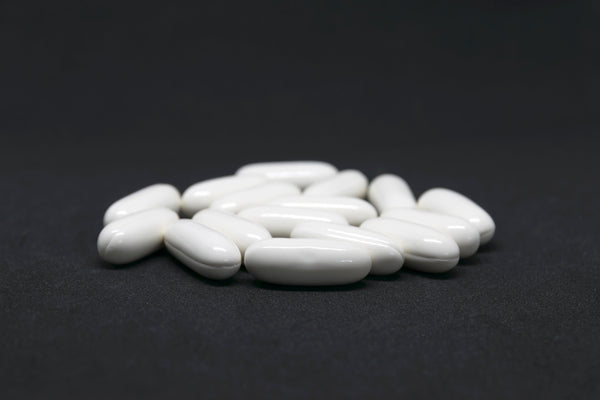
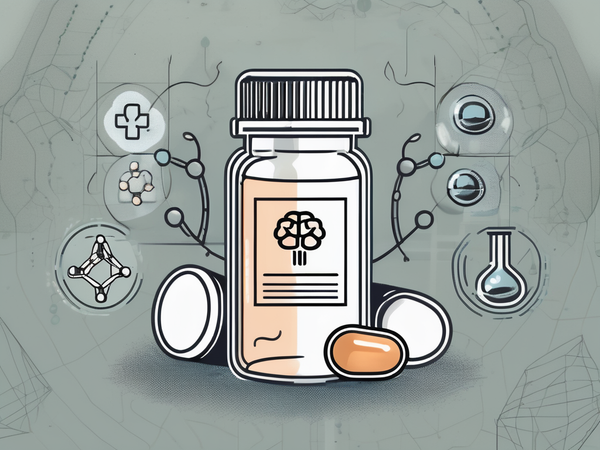
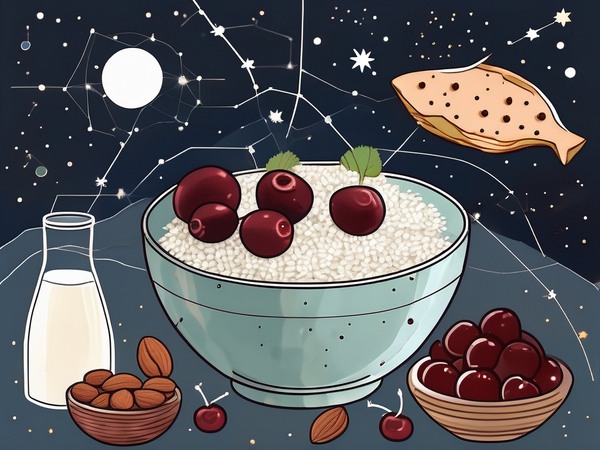
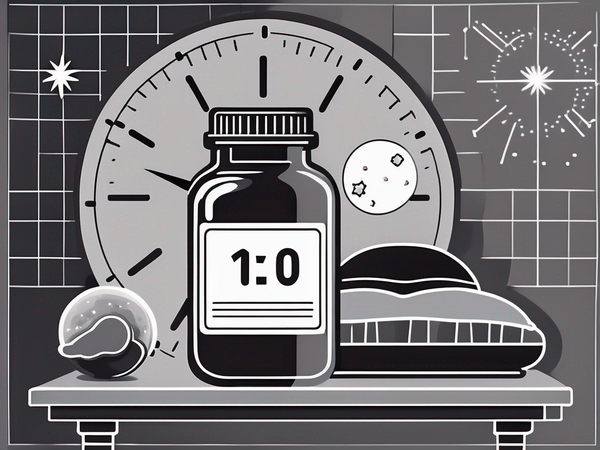
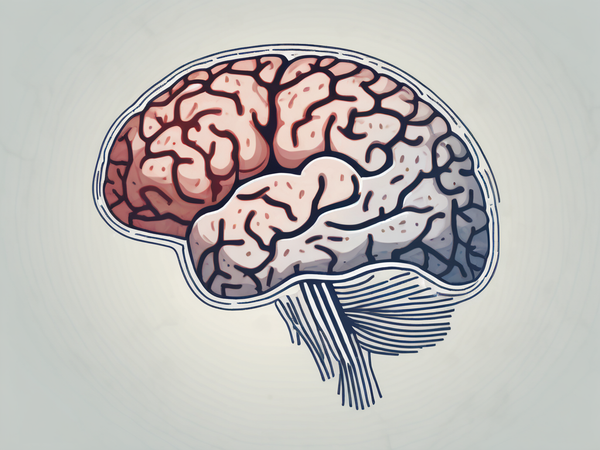






 DOWNLOAD NOW
DOWNLOAD NOW
